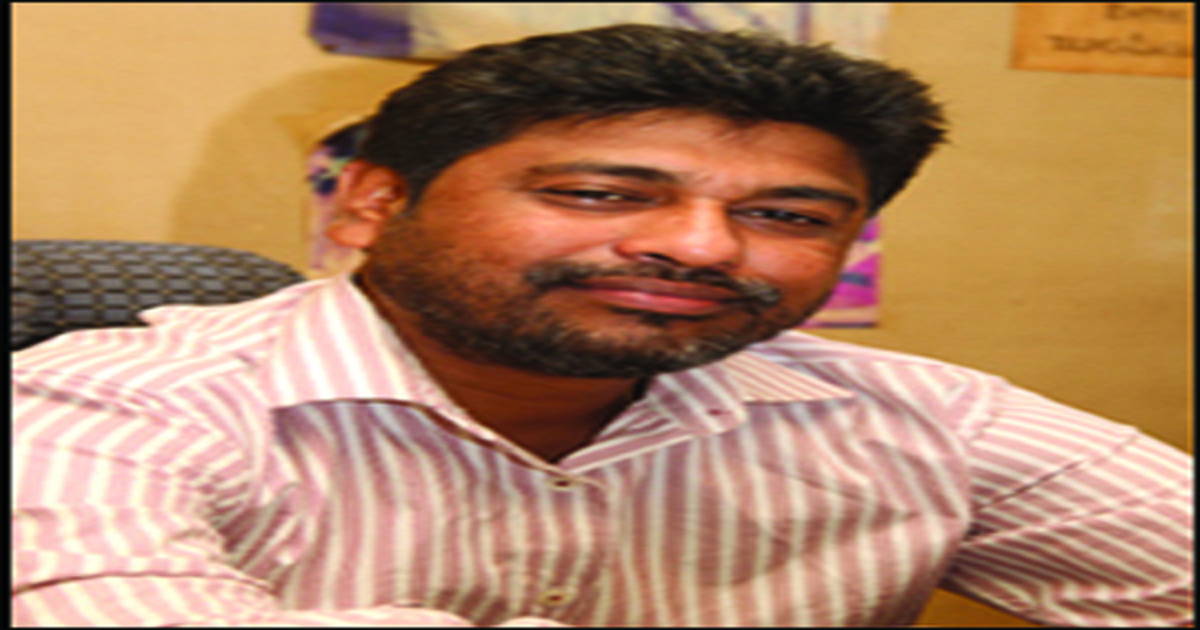Illegal Immigrants Issue in Tripura: A Political Weapon Ahead of TTAADC Village Polls?
Jayanta Debnath
July 23, 2025

As Tripura braces for the upcoming TTAADC village-level elections, an old and sensitive issue, illegal immigration is once again being reignited, this time by the Tipra Motha party. While illegal immigration is undoubtedly a serious issue affecting the socio-political fabric of the state, there is growing concern that Tipra Motha is using it as a political tool, not just to influence voters but to divide communities and pressure BJP leadership both in Delhi and Agartala.
At the heart of this brewing controversy is the Special Task Force (STF) formed recently by the Tripura Government to detect and deal with illegal immigrants. While the stated aim is to strengthen internal security and maintain demographic balance, Tipra Motha has launched a campaign suggesting that Tripura is being flooded with illegal Bangladeshi infiltrators, especially into the tribal areas under the jurisdiction of the TTAADC.
This rhetoric appears well-timed and politically charged. Tipra Motha, having suffered setbacks after its alliance with BJP collapsed, seems desperate to reclaim its tribal voter base. The illegal immigrant narrative provides a convenient vehicle to stir tribal sentiment, question the BJP’s commitment to indigenous rights, and paint themselves as the sole protector of tribal interests.
The formation of the Special Task Force (STF) to curb illegal immigration is commendable. However, the Tipra Motha MLA Ranjit Debbarma raised a question on its effectiveness, structure, and transparency are now under scrutiny. He is demanding clarification on several critical aspects:
1. Where is the STF headquarters in West Tripura?
2. How many personnel have been deployed?
3. Is there participation from central forces like BSF or Assam Rifles?
4. Has the civil administration been integrated into this effort?
5. How many vehicles, SIM cards, and operational resources have been allotted?
6. Are Detention Camps ready and operational?
7. Are there codified rules and training protocols for STF personnel to distinguish between ‘Refugees’ and ‘Infiltrators’?
8. Is the STF still active after mass police transfers just days after formation?
These unanswered questions are creating confusion, and political forces are taking advantage of this vacuum to push divisive narratives.
The Legal and Constitutional Experts claim it is important to distinguish facts from political propaganda. According to a Ministry of Home Affairs directive dated 29th November 1971, no one who entered India from East Pakistan (now Bangladesh) after 25th March 1971 is eligible for Indian citizenship. This principle forms the legal baseline, irrespective of religion or ethnicity.
While the Citizenship Amendment Act (CAA) 2019 allows Hindus, Sikhs, Christians, Buddhists, Jains, and Parsis from Pakistan, Bangladesh, and Afghanistan who entered India before 31st December 2014 to apply for citizenship, it explicitly exempts areas under the Sixth Schedule of the Constitution. This includes the entire TTAADC region in Tripura.
Thus, CAA is not applicable in tribal areas like the TTAADC. Despite this, Tipra Motha has been trying to link CAA with a threat to tribal demography, a claim not supported by constitutional provisions.
( Writer Jayanta Debnath is a Senior Journalist and editor of Tripurainfo.com)
(Tripurainfo)
more articles...